The human voice, perhaps the most primal and intimate of all musical instruments, transcends the boundaries of culture, language, and time. It is the instrument through which emotions are conveyed, stories are told, and connections are made, making it a fundamental aspect of human expression and communication.
Unlike other instruments, which rely on strings, keys, or reeds to produce sound, the voice originates from within the body. It is produced by the vibration of the vocal cords in the larynx, modulated by the resonant cavities of the throat, mouth, and nasal passages. This intricate mechanism allows for an astonishing range of sounds, from the deepest bass notes to the highest soprano tones.
Throughout history, the human voice has been revered for its ability to convey a vast array of emotions and moods. In ancient civilizations, vocal music played a central role in religious ceremonies, cultural rituals, and storytelling traditions. From Gregorian chants to tribal songs and folk ballads, vocal music has served as a means of expressing reverence, joy, sorrow, and everything in between.
In classical music, the voice takes on a central role in opera, oratorio, and art song, where singers are trained to harness the full potential of their vocal instrument. Opera, in particular, showcases the power and versatility of the human voice, with singers mastering techniques such as bel canto, coloratura, and dramatic expression to bring characters to life on the stage.
Outside the realm of classical music, the voice finds expression in a wide variety of genres, including pop, rock, jazz, blues, and world music. Each genre offers its own unique opportunities for vocalists to showcase their individual style, personality, and interpretation.
But the power of the human voice extends far beyond the confines of the concert hall or recording studio. It is a tool for social interaction, enabling us to communicate, connect, and empathize with others on a deeply personal level. Whether singing lullabies to soothe a crying child, chanting slogans at a protest, or sharing stories around a campfire, the voice has the ability to unite us in shared experiences and shared emotions.
In an age of ever-evolving technology and digital communication, the human voice remains a timeless and irreplaceable instrument of expression. Its ability to convey the full range of human experience—from the mundane to the sublime—reminds us of the power and beauty of our shared humanity.
